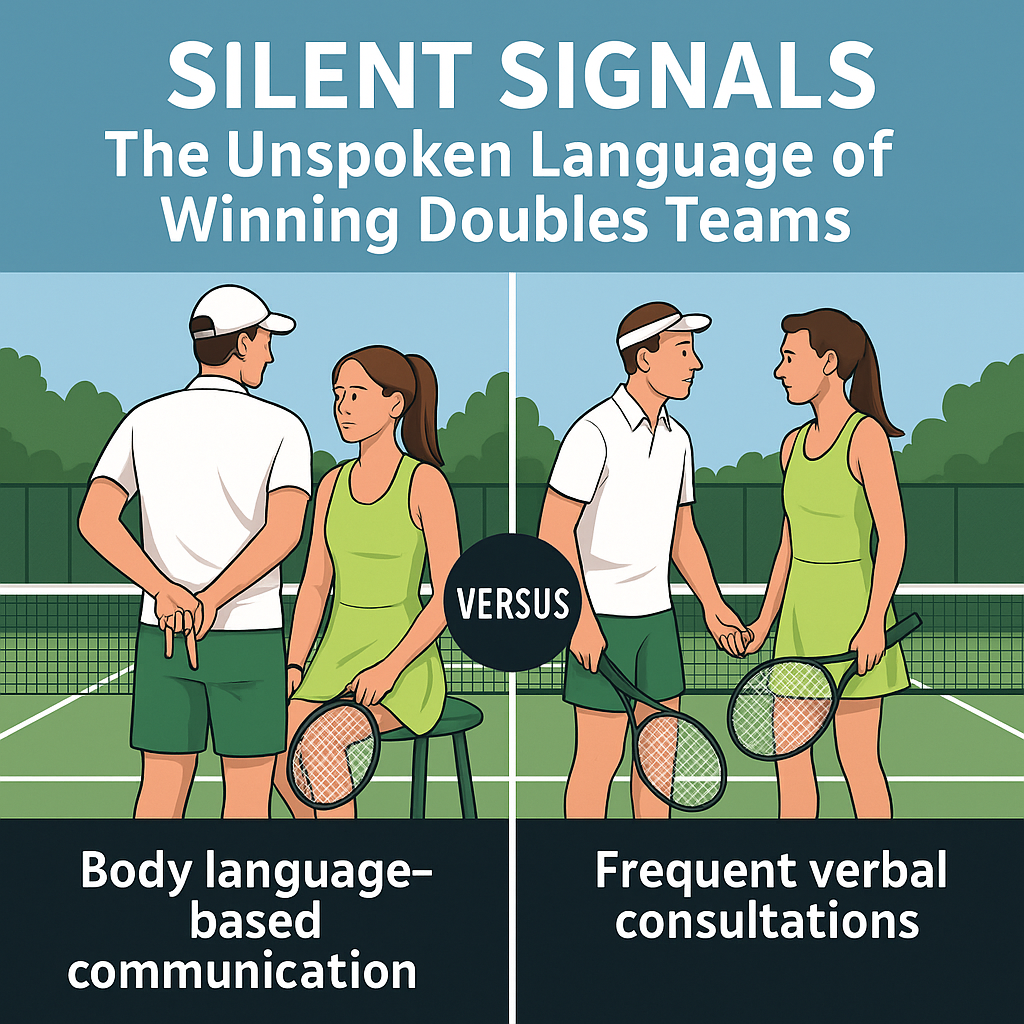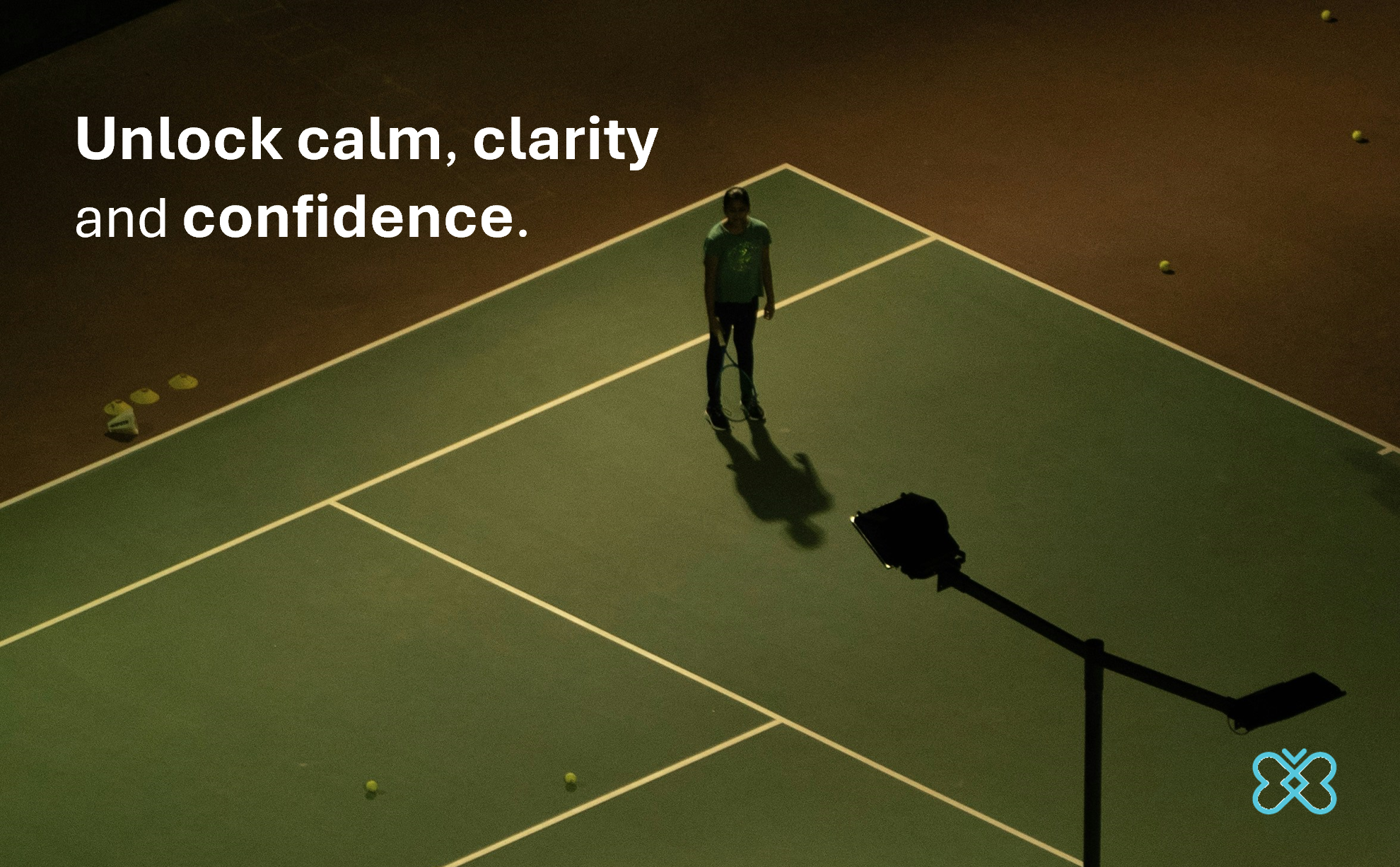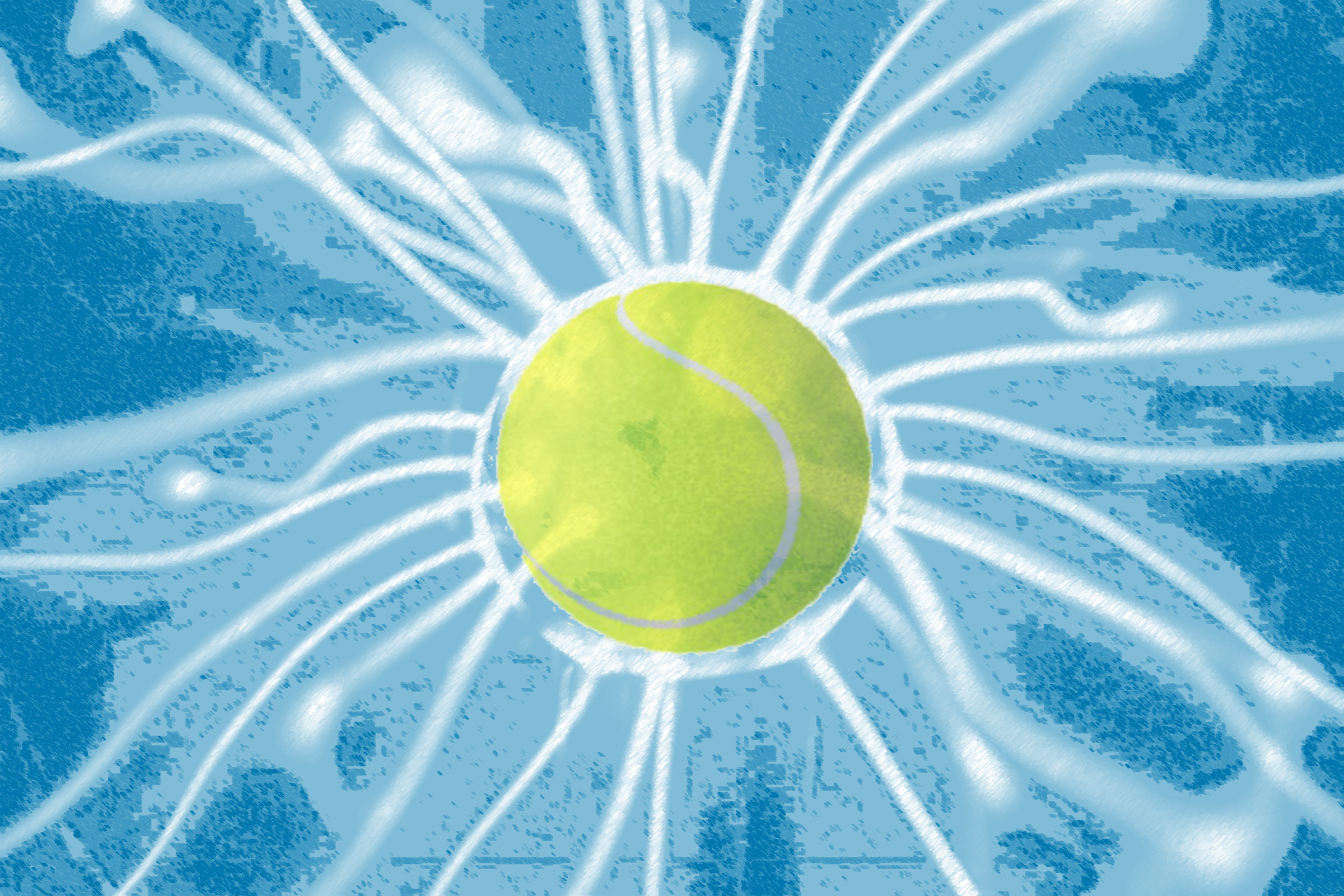In the world of tennis, few topics generate more debate—or decibels—than grunting. For some, it’s an annoying on-court habit. For others, it’s an essential weapon in their performance toolkit. Love it or loathe it, grunting is far more than just noise—it’s a window into an athlete’s breathing, rhythm, power, and focus.
For the last eighteen months I've been dealing with an injury that has me swirling mentally and physically. Discussions with medical experts and a search for a cure has become part of my daily DNA. In tennis, injury isn’t just a physical setback—it’s a mental test. When your body can’t do what your mind craves, frustration, anxiety, and even identity loss can creep in. For passionate players, an injury feels like exile: from the court, from the community, and from the part of yourself that thrives in competition.
"Watch the ball." If you've ever stepped foot on a tennis court—whether as a beginner or a professional—you've likely heard this phrase more times than you can count. It’s the tennis equivalent of “keep your eye on the prize,” a simple yet profound mantra passed down from coach to player for generations. And yet, for something that sounds so obvious, watching the ball is one of the most difficult—and most transformational—skills to master. In an era when tennis training includes AI analytics, slow-motion video review, and advanced biomechanics, this age-old instruction still reigns supreme. Why? Because it connects the most fundamental elements of human perception with the highest levels of performance.
In the world of competitive tennis, doubles is often described as a dance. The most successful teams seem to glide across the court in perfect harmony, anticipating each other’s moves with uncanny precision. Watch closely, and you’ll notice something fascinating: much of this coordination happens without a single word spoken. This is the silent language of doubles—the hand signals, subtle gestures, body positioning, and pre-point eye contact that transform two individual players into one seamless, strategic unit. If you’ve ever wondered how elite pairs seem to “just know” where their partner is going, when to poach, or how to change formation mid-point without chaos, the answer is often in their silent signals. And here’s the good news: you can learn to do it too.
There’s something mythic about reaching the finals of a tennis tournament—especially when it’s on a famous island, the kind of place where the courts smell like salt air, the vibes are equal parts prestige and pressure, and the players all seem just a little more dialed in. It was one of those three-day USTA marathons. My partner and I had fought our way through a gauntlet of competitive matches, managing to punch our ticket to the final. And then… we didn’t exactly punch back. Let’s just say it was not our Mona Lisa of match play. We were running low on fuel—physically, mentally, and perhaps spiritually. My body felt like it was running a step behind, and my partner, who’d just finished a singles marathon of his own, was in warrior mode but understandably depleted. Our performance was what you’d call “well-intentioned.” Not terrible, but not nearly what we knew we could do. So here’s the real kicker: how do you deal with that kind of loss? A high-stakes match where you know, deep down, that it wasn’t your best? Where circumstances—fatigue, nerves, recovery gaps—got the better of you? Where you're trying to radiate sportsmanship externally while managing an internal monologue that sounds like a wrestling match between Yoda and your inner critic? That, my friends, is where Zen and the Art of Losing Finals Gracefully begins.
As a longtime tennis player and USTA team contributor, I’ve seen captains lose sleep over lineup choices, agonizing over whether to put their strongest doubles pair at line 1 or stack line 3, whether to mix playing styles or ride recent momentum. Strategy has its place. But what I’ve learned—through countless seasons, surprising wins, and gut, wrenching losses, is that match strategy often pales in comparison to something far more powerful: team mental culture.
In sports, schools, and nearly every childhood development program, there’s a universal emphasis on physical activity. From soccer drills to P.E. classes, we’ve long understood the benefits of strengthening the body. But what about the mind?
Despite mounting evidence that mental fitness plays an equally—if not more—critical role in success, well-being, and performance, it often takes a back seat until a crisis emerges. What if we flipped the script? What if we treated mental fitness like we do physical fitness—something to be trained, strengthened, and refined from a young age?
In this blog, we’ll explore why mental fitness should be introduced as early and intentionally as physical training, and how tools like Writing Trails can help build lifelong mental resilience, emotional intelligence, and performance confidence.
Anyone who’s played a tournament knows the feeling.
You miss an easy volley on break point. You double-fault at deuce. You shank a forehand into the fence. Suddenly, your body tightens, your thoughts spiral, and you’ve lost the next three games before you even realize it.
But here’s the truth: it’s not the mistake that breaks you—it’s your reaction to it.
This blog explores how tennis players—whether in USTA leagues or high-level tournaments—can develop mental recovery tools to bounce back mid-match and between matches. We’ll break down the neuroscience behind setbacks, introduce practical mental resets, and show how Writing Trails can be your most effective tool for restoring focus and momentum.
Anyone who’s played a tournament knows the feeling.
You miss an easy volley on break point. You double-fault at deuce. You shank a forehand into the fence. Suddenly, your body tightens, your thoughts spiral, and you’ve lost the next three games before you even realize it.
But here’s the truth: it’s not the mistake that breaks you—it’s your reaction to it.
This blog explores how tennis players—whether in USTA leagues or high-level tournaments—can develop mental recovery tools to bounce back mid-match and between matches. We’ll break down the neuroscience behind setbacks, introduce practical mental resets, and show how Writing Trails can be your most effective tool for restoring focus and momentum.
In competitive tennis, physical fitness and technical precision are only part of the equation. Once you've reached an advanced level—whether you're playing USTA 4.5+, college, or elite club tennis—matches are no longer decided purely by forehands and foot speed. At this stage, intelligence, preparation, and strategy become critical. And one of the most underrated weapons in a player’s arsenal is competitor scouting.
In the game of tennis, we chase excellence in every point, pushing ourselves to stay focused, fight harder, and believe deeper. But sometimes, the best performances don't come from perfect preparation or polished technique. They come from playing for something, or someone, bigger than ourselves.
The last ball has been struck. Whether it ended in a triumphant ace or a tightly contested tiebreak loss, the match—and the tournament—are over. Your gear is packed, your adrenaline is slowly fading, and now comes the most overlooked phase in a tennis player’s journey: the reflection.
For many athletes, the post-tournament period is either a rush to move on or a time of mental replay and regret. But what if this moment—when emotion is still fresh and memories are vivid—holds the greatest potential for transformation?
Lifewrite BlogArthur Gutch2025-05-19T19:13:41-04:00

























